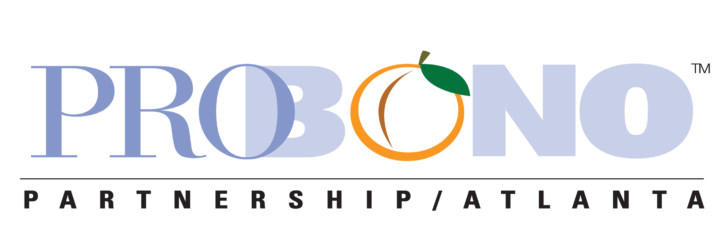The US Department of Labor has announced significant changes to the rules on overtime. One of the key changes is an increase in the salary threshold, which is one of the factors determining whether employees are eligible for overtime pay. The increase in the minimum salary level is substantial, and will likely result in many more employees, and even some executive directors, becoming eligible for overtime pay. In this episode of the PBPA Podcast, Max Bernas with Ford Harrison will answer our questions about the new overtime eligibility rules and share guidance for nonprofits to ensure timely compliance.
Currently, to be exempt, an employee must satisfy both the salary threshold and duties tests for exemption. The duties tests vary depending on which exemption is being examined (See this article for more information about the various exemptions that typically apply in nonprofit organizations: Proper Worker Classification in the Nonprofit Workplace: Avoiding Misclassification Issues.) The salary threshold (the amount an employee must be paid to be exempt) is currently $35,568 per year. As explained in this episode, under the final regulations the salary threshold will increase to $43,888 on July 1, 2024 and then increases again to $58,656 on Jan. 1, 2025. Any employee who is paid less than these new threshold amounts per year may become non-exempt and therefore eligible for overtime pay. It remains to be seen whether a court challenge will occur prior to July 1 to stop the implementation of this new rule, but nonprofit employers will need to prepare for the implementation of the rule on July 1.
